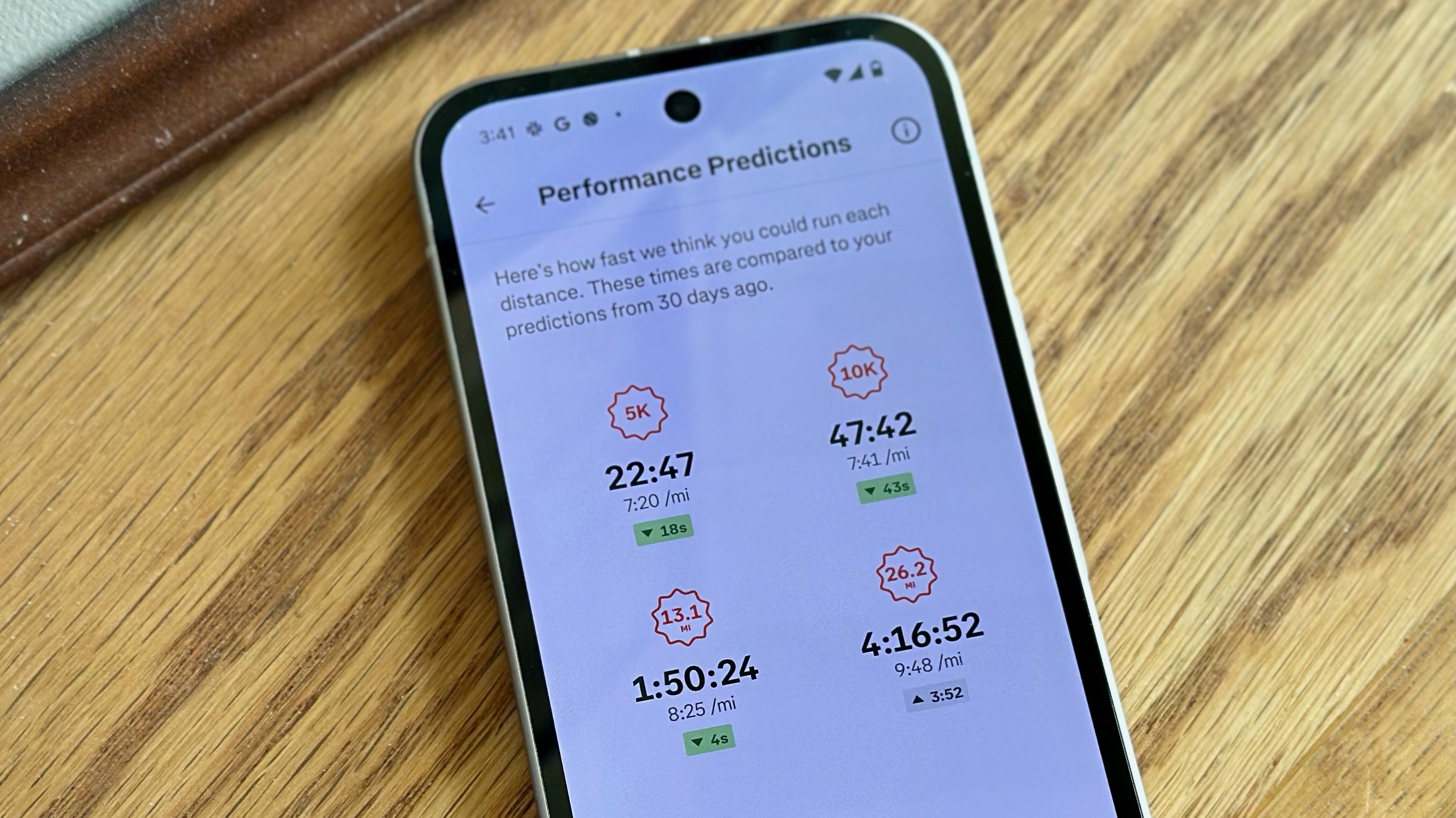'Way off the mark': Fact-check debunks Trump’s flawed economic claims

President Donald Trump's economic policies, from steep new tariffs to calling for U.S. Federal Reserve Chairman Jerome Powell to be fired, are creating a great deal of volatility in the stock market. The Dow Jones Industrial Average has plunged more than once, and Americans are increasingly worried about their 401k's and other retirement accounts. Trump, however, insists that his policies will lead to a manufacturing renaissance in the United States and a period of tremendous prosperity. In his April 22 column, the Washington Post's Glenn Kessler fact-checks and debunks some of Trump's claims about the economy. READ MORE: 'Completely ridiculous': Nancy Mace smacked down after doubling down on offensive remark Trump recently said, "On trade and other things, we're doing great. We're taking in billions and billions of dollars.… We were losing $2 billion a day.… This is the biggest deal ever made. Now we're making $3 billion a day." But according to Kessler, Trump's figures are even more problematic than those of his trade adviser, Peter Navarro — who, Kessler notes, said "that Trump's tariffs would raise $600 billion a year, or $6 trillion over 10 years." "We showed that Navarro appeared to have assumed that a 20 percent tariff on $3 trillion of imports would result in a bonanza — without considering the effects of people changing their buying habits when tariffs increase, countries retaliating and the subsequent impact on other revenue sources," Kessler explains. "Outside organizations, such as the Tax Foundation and the Budget Lab at Yale University, used sophisticated models to estimate that the overall tariff revenue would end up being closer to $2.4 trillion, or about $660 million a day." Kessler continues, "But it turns out that Navarro's math, while nonsensical, is even more conservative than Trump's math. Navarro estimated a little over $1.6 billion a day. Trump almost doubles that — to $3 billion a day." READ MORE: 'Mafia Boss': Legal experts sound alarm as Trump White House 'sabotages itself with unbridled hostility' According to Kessler, there is no evidence to support Trump's claim that the U.S. was "losing $2 billion a day" under former President Joe Biden. "Best we can tell," Kessler writes, "Trump was talking about something completely different — and equally wrong." Kessler also pushes back against the claim that Trump's tariffs won't result in higher prices for businesses and consumers. "As we regularly remind readers," Kessler notes, "economists agree that tariffs — essentially a tax on domestic consumption — are paid by importers, such as U.S. companies, which in turn pass on most or all of the costs to consumers or producers who may use imported materials in their products. As a matter of demand and supply elasticities, overseas producers will pay part of the tax if there are fewer goods sold to the United States. Domestic producers in effect get a subsidy because they can raise their prices to the level imposed on importers." Kessler continues, "So Trump is wrong to suggest this money is being collected by countries. Americans will face higher prices for goods, which is why just about every economist predicts inflation will increase, not slow down as previously predicted. Put simply, this is a massive tax increase on consumers. In any case, both the Treasury Department and the data released by Customs and Border Protection show Trump is way off the mark." READ MORE: 'Fear of retribution spreading': Experts warn of creeping authoritarianism under Trump

















